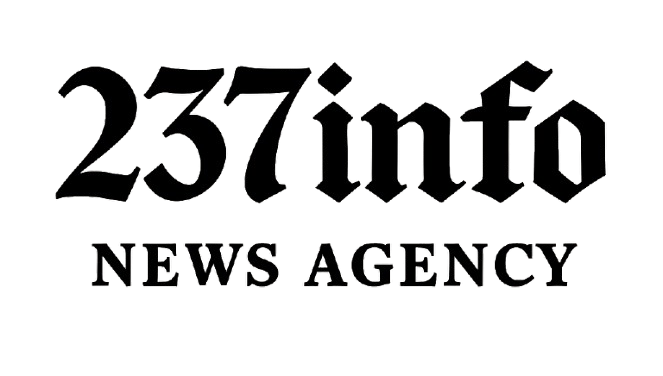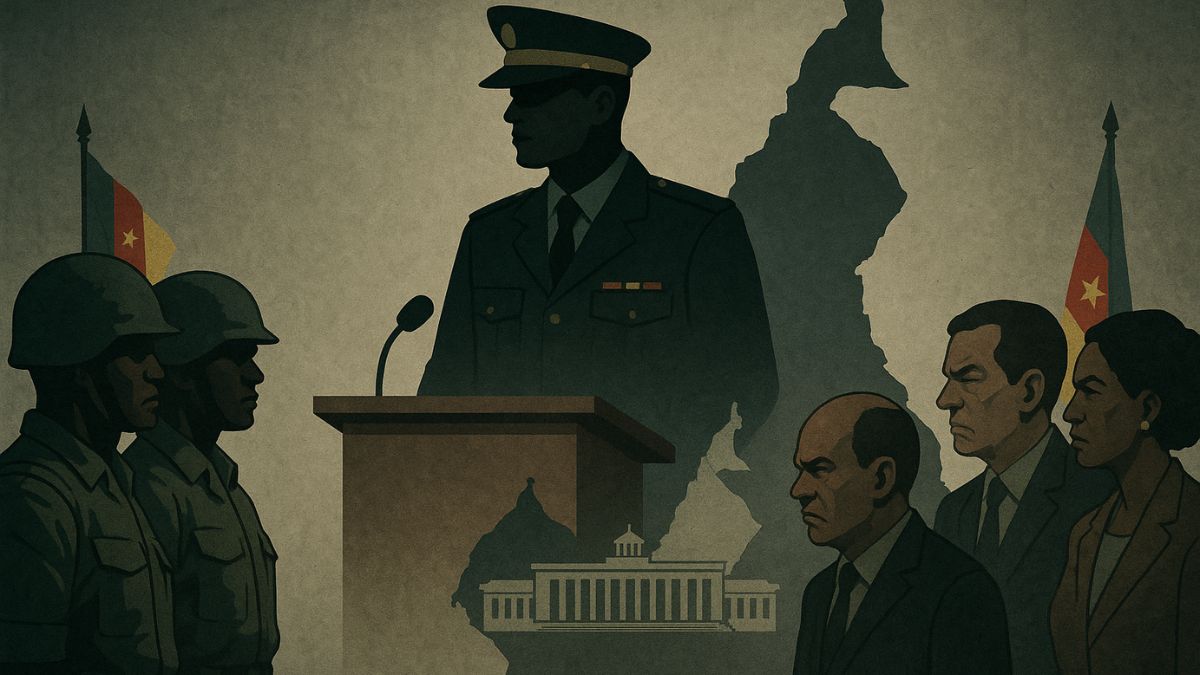In many post-colonial African states, the military is more than just an institution of national defense—it is often a key player in governance, political transitions, and internal security. Cameroon is no exception. Since gaining independence in 1960, the Cameroonian military has played a significant and sometimes controversial role in shaping the country’s political trajectory.
Understanding the role of the military in Cameroon’s political landscape offers valuable insights into how power is maintained, how conflicts are managed, and how democratic processes are shaped or hindered. This blog post delves deep into the historical background, current dynamics, and future implications of military involvement in Cameroonian politics.
A Historical Overview: From Colonial Roots to Post-Independence
Cameroon’s military roots can be traced back to colonial armed forces created by the Germans, French, and British during their respective rule. These forces were designed to suppress local resistance, enforce colonial policies, and maintain order—not to serve a sovereign nation.
After independence, Cameroon inherited a centralized and authoritarian military culture. Under President Ahmadou Ahidjo (1960–1982), the armed forces were used to consolidate power and suppress political dissent. Ahidjo relied heavily on the military to counter early resistance from opposition parties and rebel groups in the Western and Southern regions.
When President Paul Biya took over in 1982, he inherited a strong, loyal military apparatus. Over the years, Biya has further strengthened military influence, particularly in internal security operations and regime protection.
Military Loyalty and Regime Stability
One of the most defining features of the Cameroonian military is its deep loyalty to President Paul Biya. Several factors contribute to this:
1. Strategic Appointments
Biya has carefully placed trusted military officers—mostly from his Beti-Bulu ethnic group—in top positions within the defense and intelligence sectors. These include leadership roles in the Rapid Intervention Battalion (BIR), Presidential Guard, and Gendarmerie. Such placements ensure that the upper echelons of the armed forces are personally loyal to the president.
2. Privileged Status and Funding
Unlike many other state institutions, the military enjoys substantial funding and logistical support. Elite units such as the BIR receive modern equipment, training from foreign allies (notably Israel and the U.S.), and relatively better salaries. This has created a professional but politically dependent military class.
3. Use of the Military as a Political Tool
Biya’s government has used the military to secure loyalty across regions, manage dissent, and protect key installations. Military presence is especially strong in the Anglophone regions, conflict-prone northern territories, and border zones, reflecting both real security threats and a desire to maintain central control.
The Military in Domestic Security and Conflict
1. The Anglophone Crisis
Perhaps the most visible demonstration of military involvement in domestic politics is the ongoing Anglophone crisis. Since 2016, protests over marginalization in the English-speaking Northwest and Southwest regions escalated into an armed conflict between separatist fighters and government forces.
The military’s response has been heavily criticized by human rights organizations for alleged abuses, including extrajudicial killings, arbitrary arrests, and the burning of villages. While the government justifies military operations as a counter-terrorism measure, the excessive use of force has deepened grievances and complicated peace efforts.
2. Counterterrorism in the Far North
Cameroon is also involved in fighting Boko Haram and IS-affiliated groups in the Far North region. The military, often in cooperation with the Multinational Joint Task Force (MNJTF), has played a vital role in securing the region and pushing back insurgents.
While these operations have been more internationally supported, concerns remain over transparency, civilian protection, and the use of emergency laws that extend military powers beyond constitutional limits.
Political Influence and the Balance of Power
While the Cameroonian military has not staged a coup like in some neighboring countries, its political influence is undeniable. It functions as both a guarantor of regime survival and a potential threat to political reform.
The Military as a Political Stakeholder
In moments of political uncertainty—such as election periods or national protests—the military plays a decisive role in tipping the balance. For instance:
- After the disputed 2018 presidential elections, the military was quickly deployed to suppress protests and secure government institutions.
- Opposition figures, such as Maurice Kamto of the MRC, have frequently cited military intimidation and arrests of supporters as evidence of democratic suppression.
Preventing Transition?
President Biya, now in his 90s, has yet to announce any succession plan. In this vacuum, speculation grows about the military’s role in a possible transition. Some analysts suggest that elite units like the BIR could play kingmaker—either by backing a successor from within the regime or preventing a democratic turnover if the ruling elite’s power is threatened.
Civil-Military Relations: Is There Oversight?
In theory, Cameroon is a constitutional republic with civilian control over the military. In practice, however, civilian oversight is weak, and military leaders often act autonomously, especially in matters of security and intelligence.
Parliament rarely challenges military budgets or operations, and there is limited transparency about defense spending. This lack of oversight creates room for impunity and diminishes public trust in both the military and the civilian institutions meant to regulate it.
The Military and Democratic Development
The dominance of the military in Cameroon’s political landscape poses significant challenges to democratic development:
- Stifles Opposition: The military is often used to intimidate, surveil, or detain opposition leaders and activists.
- Weakens Institutions: When the military becomes the primary enforcer of state power, civilian institutions like the judiciary and legislature become sidelined.
- Delays Reform: With a heavily militarized approach to governance, there’s little room for inclusive political dialogue or structural reform, especially in conflict areas.
International Dimension
Cameroon’s military enjoys support and training from several foreign partners, including France, the United States, and China. These partnerships focus on counterterrorism and regional stability, sometimes turning a blind eye to domestic abuses.
While international allies have occasionally expressed concern over human rights violations, their strategic interests often prioritize stability over democratic accountability. This dynamic further entrenches the military’s unchecked power within the political system.
The Future of Civil-Military Relations in Cameroon
The future of the role of the military in Cameroon’s political landscape will largely depend on two key developments:
1. Post-Biya Transition
A political transition after Paul Biya—whether through election, resignation, or other means—will test the neutrality and professionalism of the armed forces. Will the military support a democratic handover, or act to protect entrenched interests?
2. Reforms and Institutional Strengthening
Strengthening civilian oversight, increasing transparency in defense spending, and limiting military involvement in political matters are crucial for long-term stability. This requires political will from within and sustained pressure from civil society and international partners.
Conclusion
The Cameroonian military is a powerful institution that goes far beyond its constitutional mandate. While it plays an essential role in national defense and counterterrorism, its deep entanglement in domestic politics raises serious questions about democracy, human rights, and governance.
The role of the military in Cameroon’s political landscape is both a stabilizing force and a barrier to reform. As the country approaches a generational shift in leadership, the actions and alignment of the military will likely determine whether Cameroon transitions into a more open political system—or entrenches authoritarian rule under a new face.

